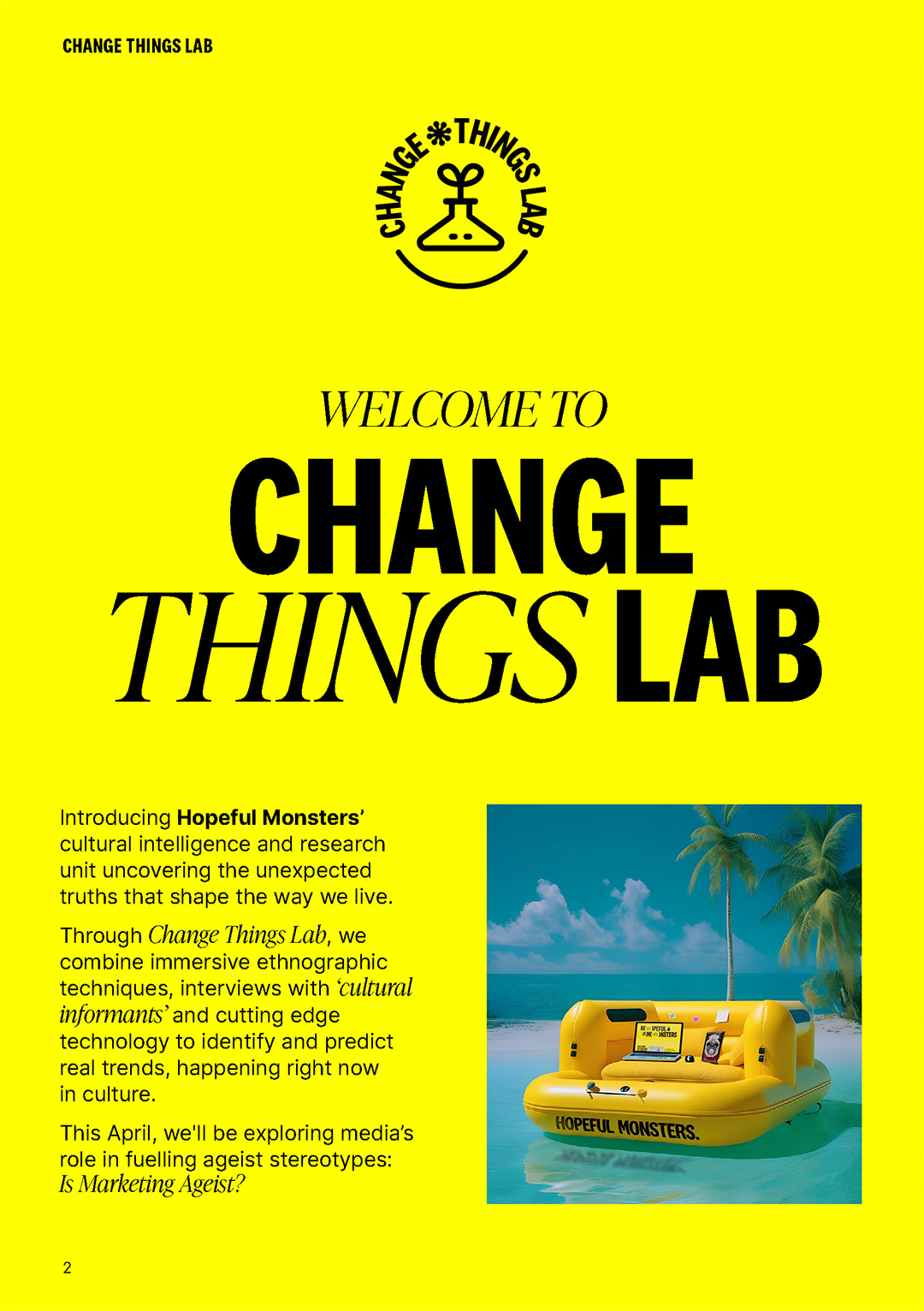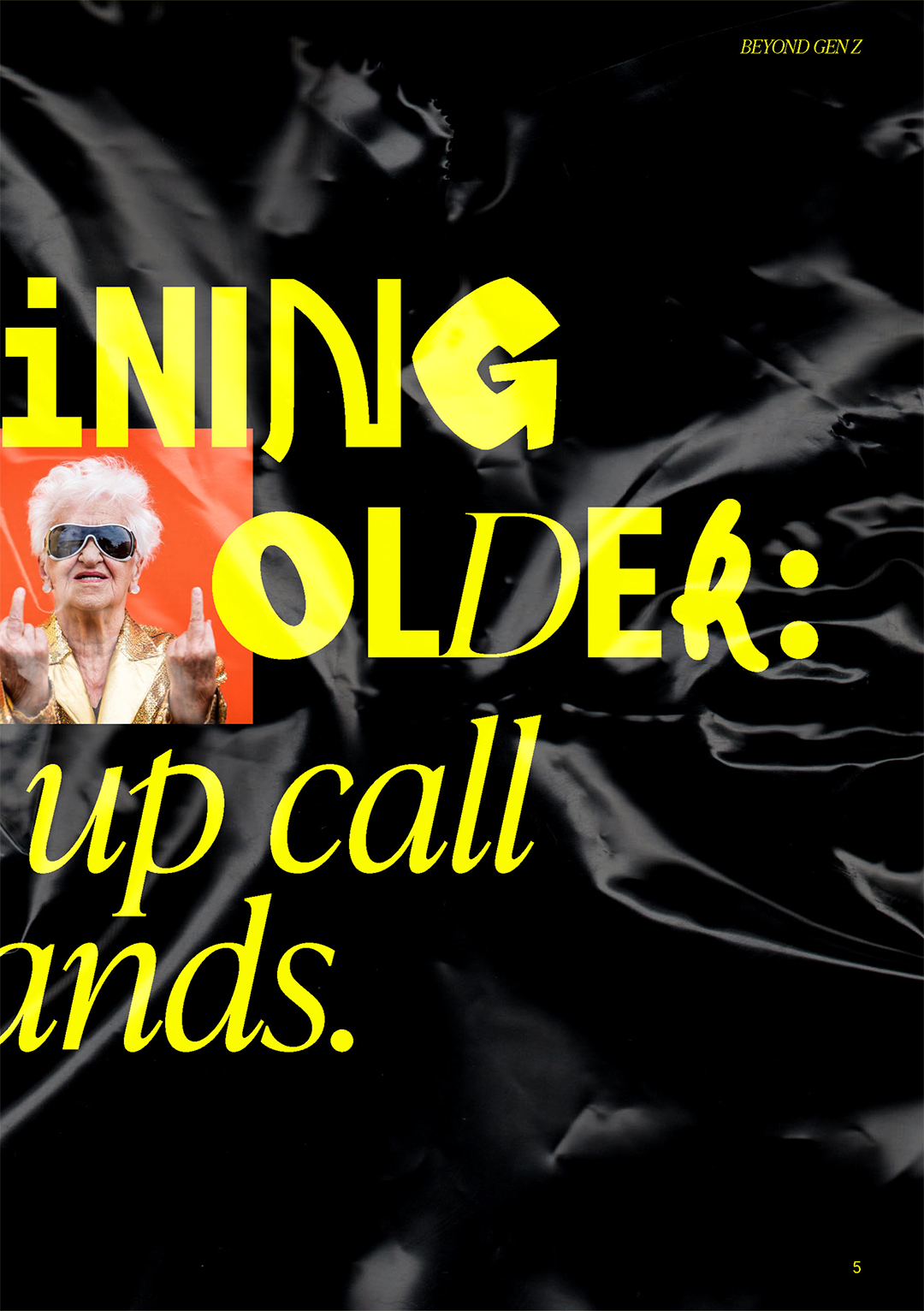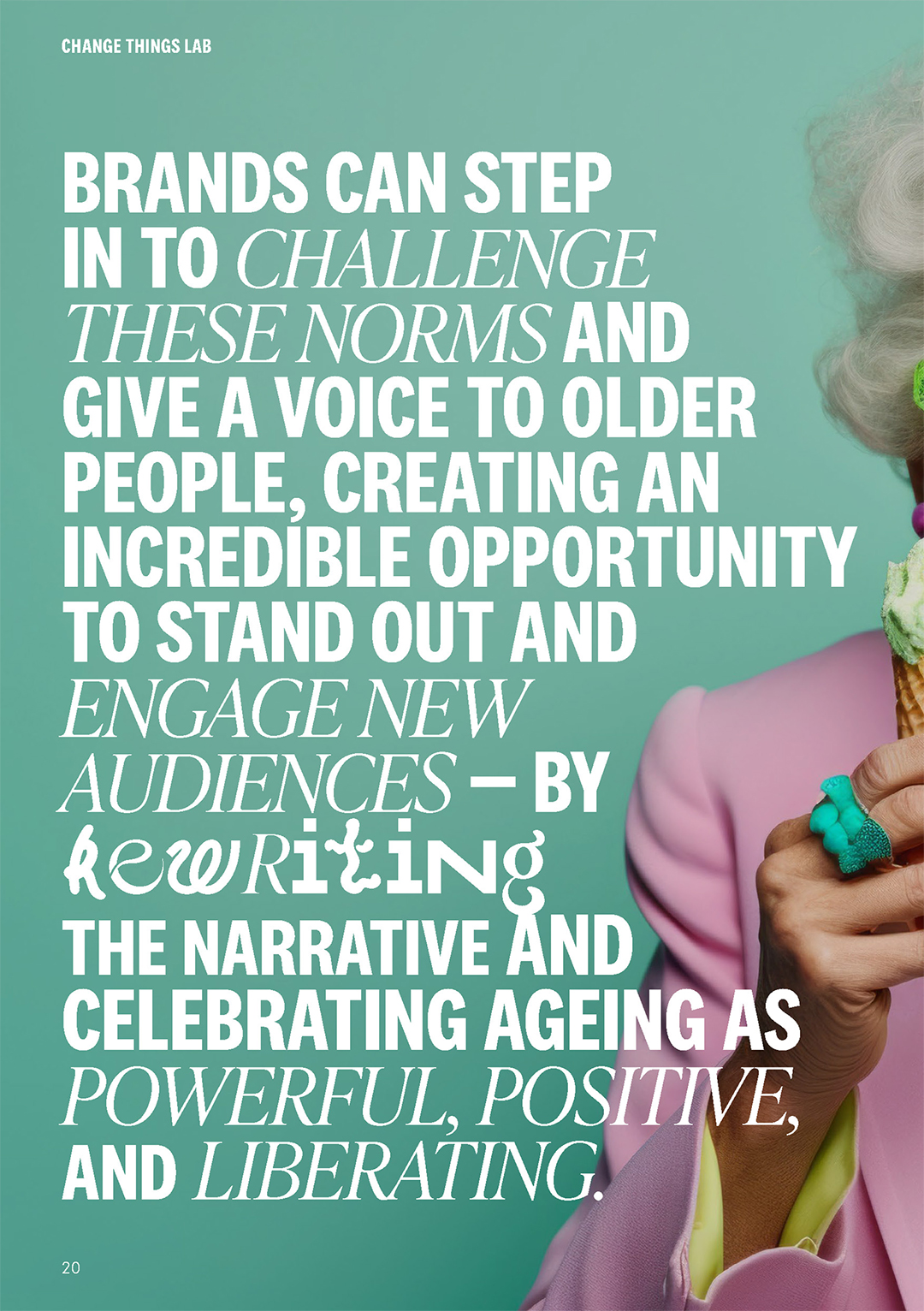August 11, 2023
Estimates suggest that there are over 3 billion gamers globally, and gaming isn't confined to owning a console or PC. If you've ever played Candy Crush on your morning commute using your mobile phone, you're a gamer too. The outdated stereotype of a shy, pubescent male gaming alone in his bedroom is dead. Take Minecraft, for instance, with approximately 140 million monthly players. Surprisingly, the average player is around 24 years old, and nearly 40% of these players are female. Gaming transcends generations, and nowhere showcases this more than in Asia. Ride a train through Seoul, and you'll spot heaps of elderly folks chasing that high score in their favourite mobile games.
Gaming has evolved into the biggest form of entertainment worldwide, making more money than the music and movie industries combined. So, what else do gamers love? Well the answer to that is as diverse as the individuals themselves. Humans are complicated creatures with a web of activities we enjoy, communities we engage with, products we purchase, and intricate value systems. So what? Gamers like a lot of stuff… Smart brands know they can build ways to connect with them in their own environment and drive big business results. What's the recipe for success? Brands that understand gamers' deep connection with their gaming environments and communities can reach a high score. They create experiences that align with a gamers' desire to play, connect with friends, and reward them with desirable virtual and real-world incentives.
Several trailblazing brands from industries like sports, fashion, and fast food are leading the way. Louis Vuitton, for instance, established a long-term partnership with League of Legends, which boasts approximately 32 million daily players. This collab introduced virtual LVH outfits and accessories for in-game avatars and an exclusive IRL capsule collection that sold out in an hour. They also provided styling for pro esports players and popular music artists performing at the live tournament, watched by 100 million fans around the world, and even designed an LVH world championship trophy case. What did they do next? Launched 'Louis the Game,' downloaded over 2 million times.

KFC integrated a gaming cheat code into its Middle East website, where Shift+K+F+C would automatically place and deliver your favorite meal, and give access to a secret menu. This clever move boosted sales in-market by 19%. They also created the Colonel Sanders Street Fighter 6 hack, which is worth a perusal...
More recently, Nike ventured into the gaming world with 'Airphoria,' an epic metaverse experience within Fortnite, boasting 237 million monthly players. This included a virtual "sneaker hunt" inspired by Air Max, with a challenge that rewarded players with a virtual Air Max 1 '86 Back Bling for their Fortnite locker. In the real world, they launched an 'Airphoria'-inspired capsule collection.

The potential for non-gaming brands to connect with players in creative and innovative ways remains vast and largely unexplored. If you're ready to take the leap, let's chat...
As T.S. Eliot wisely said, "Only those who will risk going too far can possibly find out how far they can go.”
























